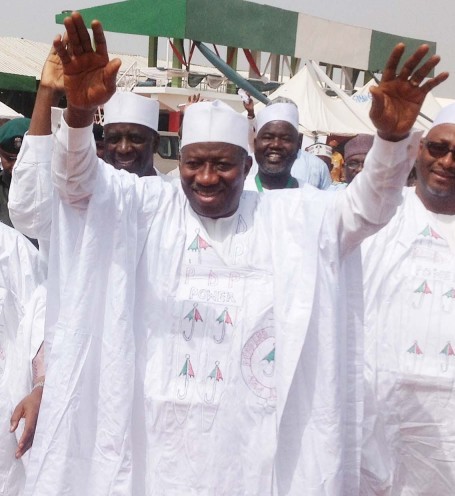(A tribute to Ugochukwu
Ejinkeonye on his birthday, May 27, 2021)
By
Dan Amor
Ugochukwu Ejinkeonye is not only a quintessential Nigerian
writer and journalist, he is, undoubtedly, one of the most formidable literary
and social critics in the country today. Ejinkeonye, whose birthday is today
(May 27), is not only a wordsmith of note whose diction and images capture the
experiences and nebulous fancies of the Nigerian condition, he is also one of
Africa's most celebrated newspaper columnists and public affairs analysts.
This book is also available on AMAZON
Ugo, as he is fondly called by friends and admirers, is not only
trained in the intricate use and application of English words and grammar, he
is gifted with the ability and capacity to comment with admirable lucidity and
illuminating temper, on the insularity and philistinism of our turbulent
existence. Indeed, most of the theoretical and critical essays of Ugochukwu
Ejinkeonye have been widely published in local and international newspapers and
academic journals with tremendous critical acclaim.
His recent offering, Nigeria:WhyLooting May Not Stop, is a collection of some of his columns
published in newspapers and journals over time. It is an engrossing tapestry of
the Nigerian condition. Drawing afflatus from language, literature, journalism,
religion, politics, culture and everyday experience, Ugo's book, segmented into
two parts of unequal chapters (Part One has 17 chapters and Part Two, 5
chapters), is a forum in which the highly informed commentator effects an
in-gathering of his critical sallies.




















